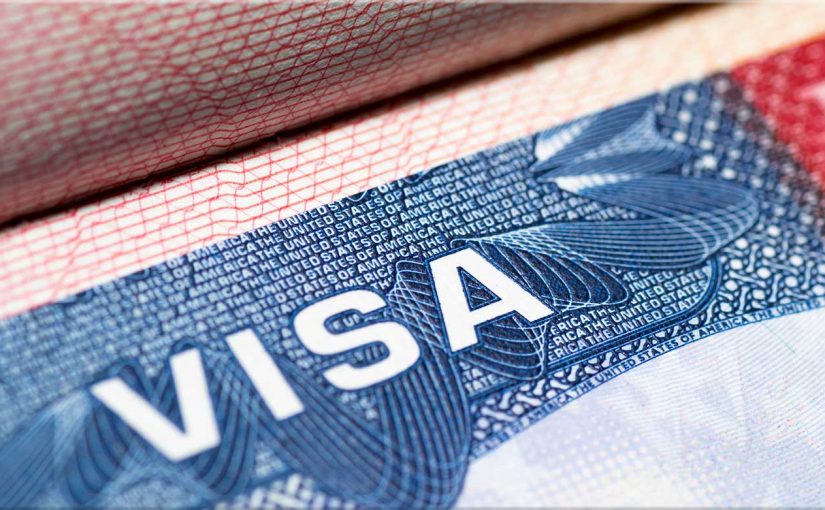
Interviewer: What sort of costs are there for the DACA program? How much it would cost to actually apply for it? Is it all free, or are there any additional fees?
Jeanne Morales: Right. In all of the forms that we file, immigration has a fee itself to process the form. And the immigration department fee is $465. If someone were to download it and fill it out and send it in, they have to send in a $465 money order with it. Our total fee is $1500 because of the extra work involved in putting together the package.
However, let’s talk about some of the benefits. Besides the obvious benefits (they don’t have to be looking over their shoulder worrying about the ICE officers show up at the place of work or at their school) they don’t really have a status but it makes them kind of quasi status which allows them to go and get a driver’s license, go ahead and get a social and work above the table, which historically people worked under the table, earned less money than people who work in legitimate jobs, and/or go to college. Those are significant benefits.
Limited Fee Waivers Available for DACA Relief Applicants
Jeanne Morales: There are some limited, fee waivers. They’re kind of specific. It looks like that it’s either because of foster care or homelessness or because of some serious medical issues that cost a lot of money. The fee waivers are reserved for extreme situations. In general for immigration clients, I can only think of half dozen or less that we’ve done fee waivers on because there are very specific requirements. If you don’t meet it, they won’t process it.
The USCIS and the filing of these forms for immigration benefits, whether it’s for DACA, or green cards, or naturalization, the government doesn’t fund that process. It’s totally paid by the fees. It is like the post office. I know the post office currently has funding problems and they do ask Congress for money, but the concept of the post office is that it’s supposed to be a user fee basis and that’s why you have to buy stamps, and the same thing with immigration. During the most recent governmental shutdown, the post office didn’t shut down and USCIS did not shut down, because they don’t rely on a budget that is issued by Congress. They operate off of fees collected for their services. So they’re very stingy about granting fee waivers, but I won’t say there isn’t any, but it is difficult to obtain.
Individuals that Qualify for DACA Relief and the Purpose of the DACA Program
We’ve talked to a lot of these folks. When you’re a little, little kid, none of this affects you. You could be born in France and be brought to the United States and not know the difference between this teacher and a teacher in France. It doesn’t matter to you. You’re just a little kid. By the time some of these folks get to be in high school, everybody around them is doing the normal teenage thing; they’re getting their driver license, they’re checking out colleges, or looking to go to work. This group of people knows that they can’t do that. They know that they’re on a different level of society.
What that ends up doing is it starts to bifurcate what would normally be this cohesive group of people into the have and they have not. It can have an effect in people. I’ve interviewed more than one person that I said, “Why did you drop out of high school?” “What was the purpose of getting my high school diploma? It won’t give me anything. I can’t get a job because of it. I can’t get a driver’s license. Why am I wasting my time?” It is significant from that standpoint.
Benefits of Obtaining DACA Relief Prior to Future Immigration Reform and Passage of the DREAM Act
Also, we believe, I can’t point you to any specific governmental directive, but if and when Congress comes up with an immigration reform package, whether it’s just the Dream Act or the comprehensive immigration reform, we feel that people who have already been through this vetting process of going and getting their DACA, their paperwork is going to be processed a lot quicker because the government doesn’t have to investigate them as deep because they already have information on them. That’s yet another reason we feel that we would like to see everybody who qualified for it, get it.
Here’s another reason why; I don’t believe the numbers when people talk about immigration and there’s this debate of 11 or 12 or 13 million people. I believe that those numbers are underreported. The more people that went and got these DACAs and at least established “I’m here,” Congress would see how big the problem is.

